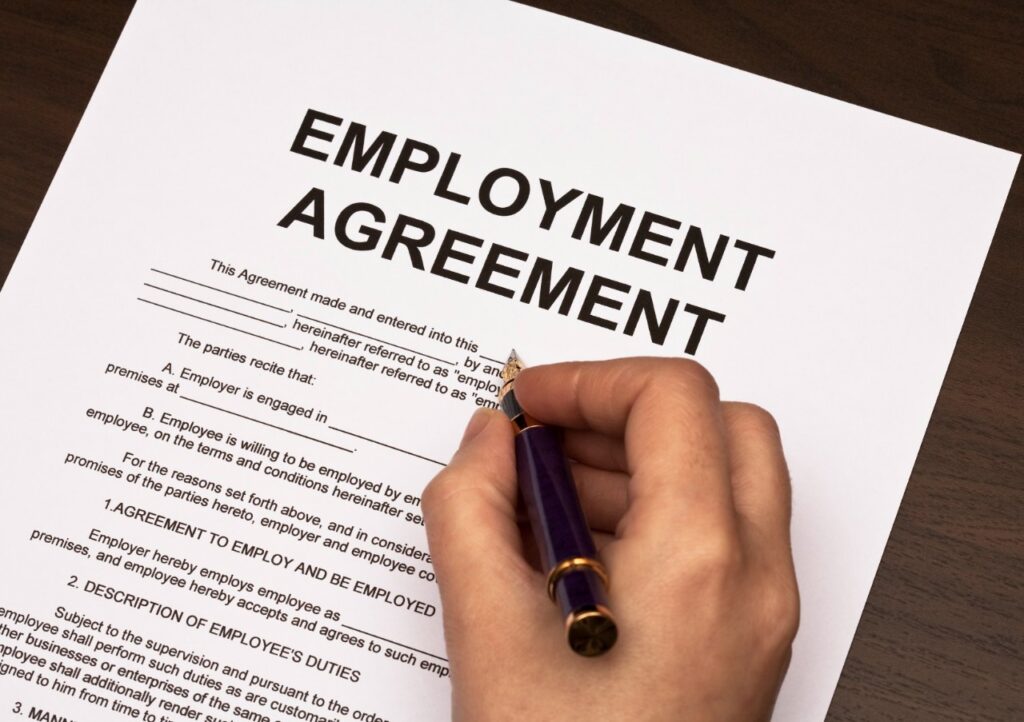If you believe you have been unfairly dismissed, you can file a constructive dismissal complaint with the Canada Labour Program. The agency will contact your employer to investigate the complaint while keeping your name and other details confidential. The agency will then work with you to resolve the issue, with the goal of ensuring that the dismissal is not constructive dismissal complaints. An adjudicator will then determine whether your dismissal was unfair.
Can you file a complaint about constructive dismissal?
If you think your employer is violating the law by discharging you without warning, you may be able to file a complaint with the National Labor Relations Board. This act prevents employers from punishing Employment Contracts that are unionized by causing them to quit without proper notice. You may also be entitled to compensation if you are terminated for doing your job improperly.
To file a complaint, you will need proof that your employer violated the law by making the working conditions unworkable. The conditions must have been a factor in your decision to quit. You must prove that you were treated unfairly and underwent stressful working conditions. Unless you can show that you were not treated well, you are unlikely to win your case.
A constructive dismissal complaint can be filed if an employee quits because of unfair conditions from their employer. The employee must be able to prove that the employer was in violation of a contract. This could include failing to pay dues, being demoted without cause, working in hazardous conditions, or harassment. The employee should also have been given a chance to discuss the problem with their employer before resigning.
The amount of time between the employee’s resignation and the illegal activity can also be a factor. Whether the employee participated in the illegal activity or not will also be considered in the case. If there is too long a gap between the employee’s resignation and the illegal activities, it may be difficult to establish a constructive dismissal case.

Can you file a complaint about unjust dismissal?
If you think you have been unfairly dismissed, you can file a complaint with the Labour Program. This process allows employees to discuss the reasons for their dismissal and can lead to a settlement. You can also appeal to the Industrial Tribunal if you don’t get a fair settlement. A complaint must be made within 90 days of the dismissal date. It can be made by the person who was dismissed, or by their representative. The complaint must identify the employee, state the date of the dismissal, and claim that the dismissal was unjust.
The Canadian Labour Code contains a section called Division XIV, which deals with unjust dismissal. If the complaint is not resolved, it will go to the Canada Industrial Relations Board, where an adjudicator will decide on the complaint. The Canadian government’s website provides more information about the Code and the types of businesses covered by it.
Wrongful dismissal can occur for a variety of reasons. It can be based on discrimination, breach of contract, or violation of public policy. It can also be based on the non-payment of wages. Compensation for unjust dismissal may also be based on the loss of wages, job searching expenses, or other expenses. In some cases, statutory penalties may also be awarded.
The principle of progressive discipline plays a critical role in the settlement process. Employers must have a written policy that addresses this principle. This principle is important because every employee has the right to be treated equally.

Can you file a complaint about forced resignation?
If you’ve been forced to resign from your job, you should know that this is illegal. In fact, it is a violation of federal and state anti-discrimination laws. You may be able to file a complaint about this kind of behavior, but you must follow certain procedures to do so.
The nature of the mistreatment you’ve experienced will determine the type of complaint you can file. You should consult with an employment attorney to learn more about the proper process, deadlines, and venue for filing your complaint. Also, remember that if you leave gainful employment without a valid reason, it can make it harder to find another job. It is crucial to seek legal advice as soon as possible to ensure that you can continue working and meeting your financial responsibilities.
Even if you’ve been forced to resign, you still have legal options. You can contact the department of labor and file a complaint if you believe that you’ve been wrongfully terminated. In addition, you may be able to retain a good relationship with your supervisor and colleagues, even though you’ve been forced to resign.
Depending on your situation, you may be able to file a lawsuit against your employer for constructive discharge. If you were fired because of poor working conditions, you may be entitled to compensation. However, you must be able to show that you have reported the situation to the company’s management and that you gave the employer a reasonable time to fix the situation.
